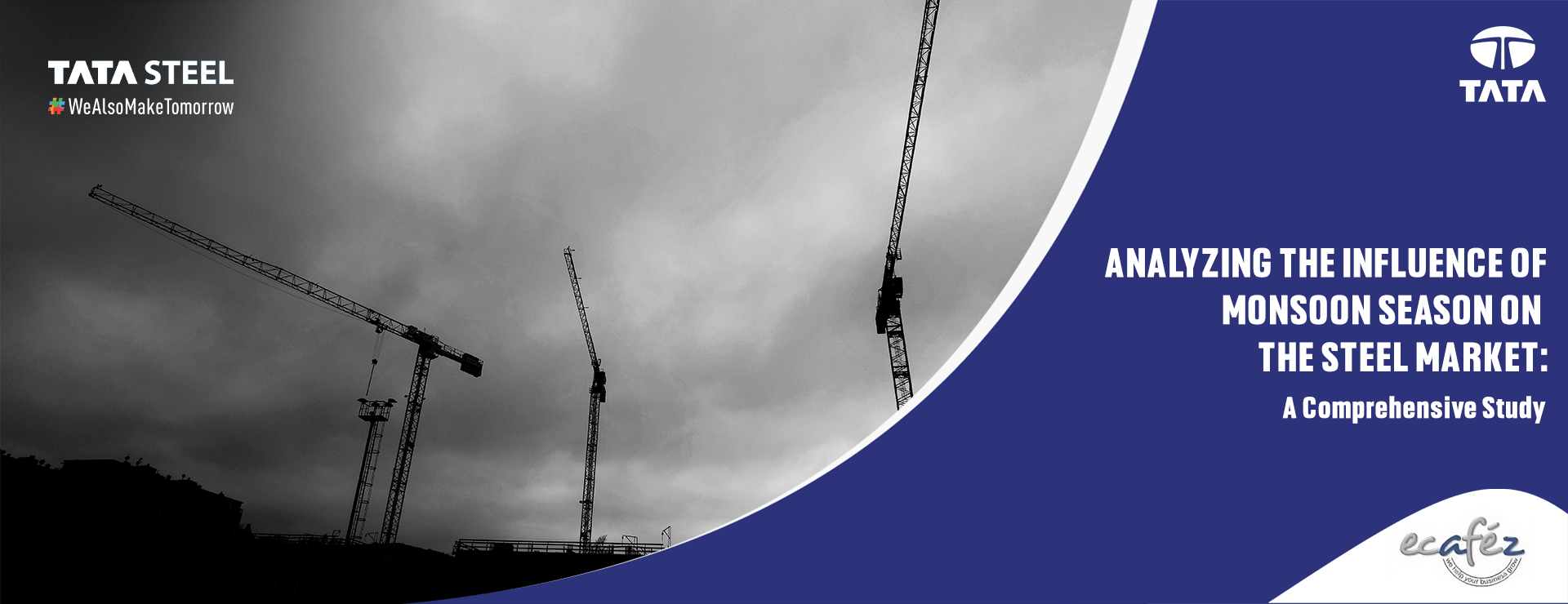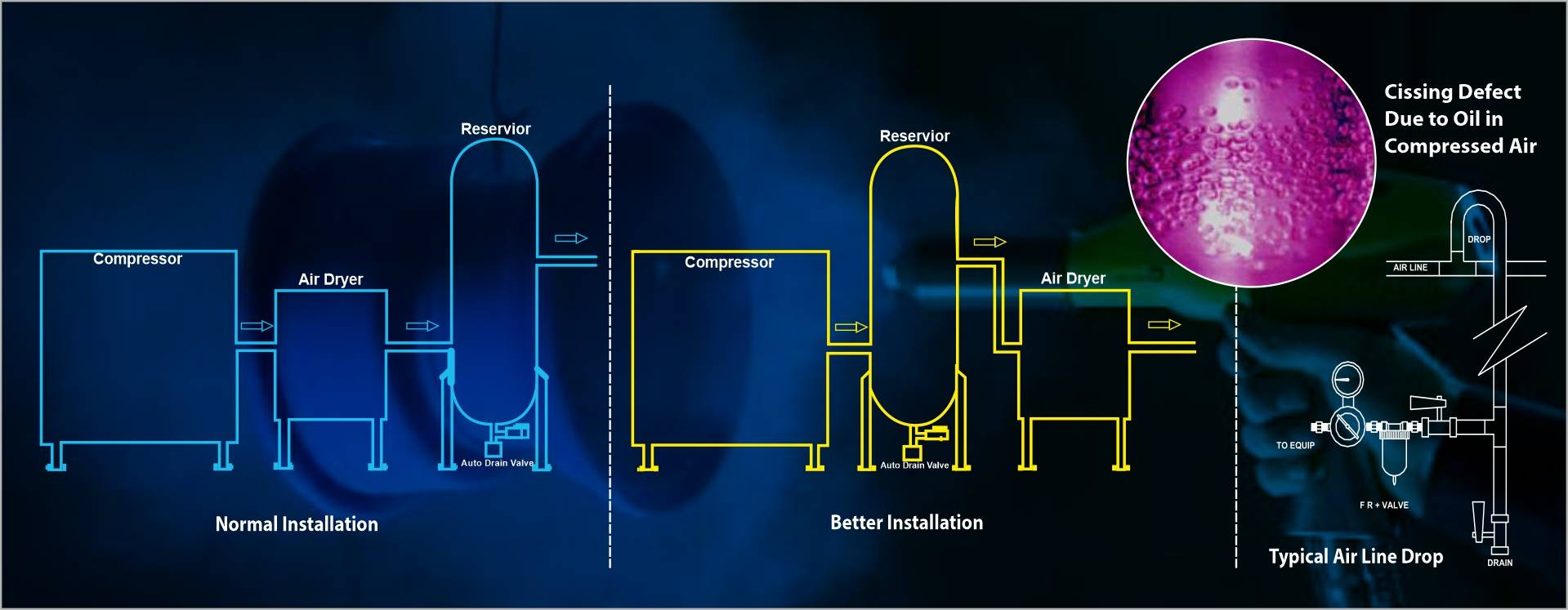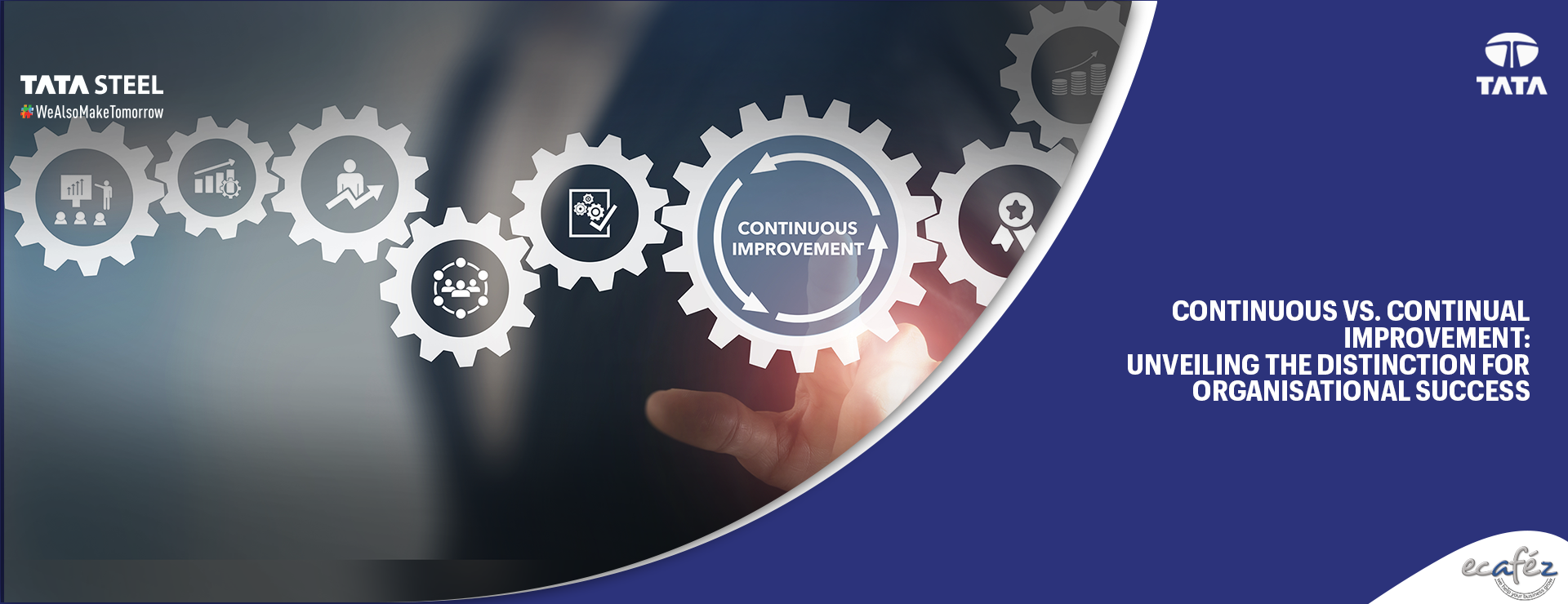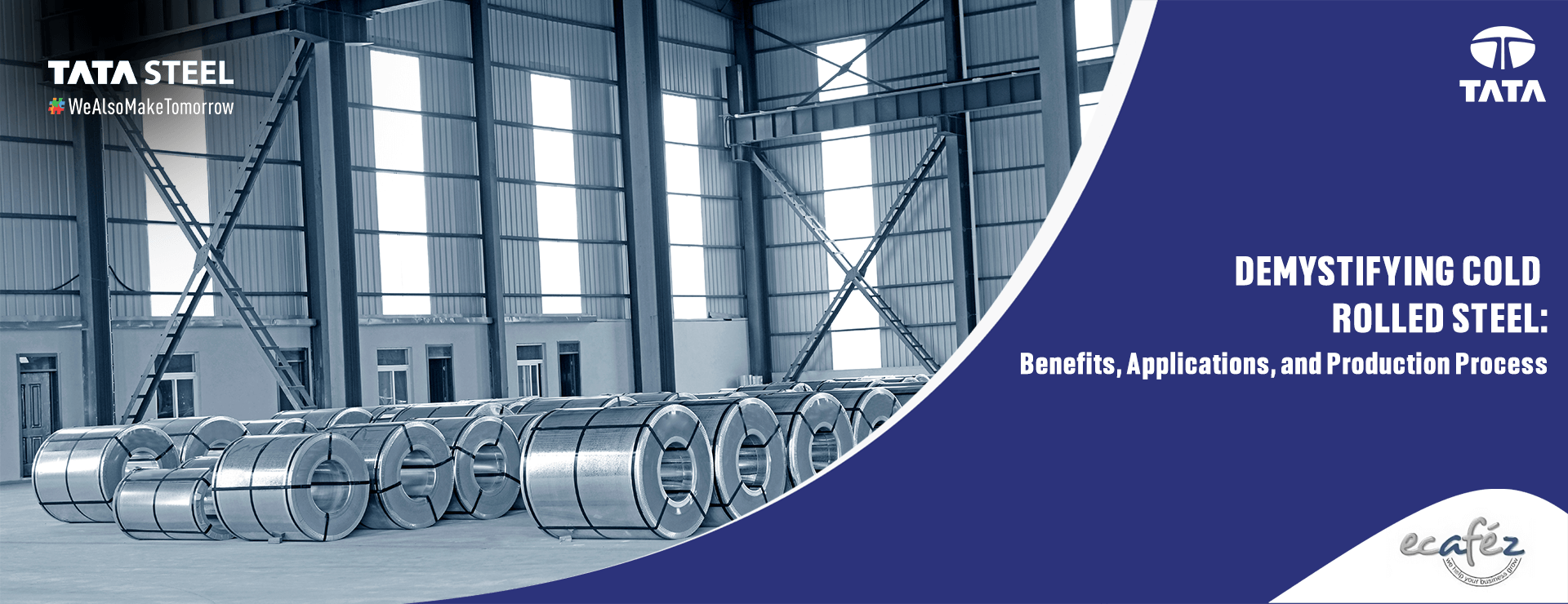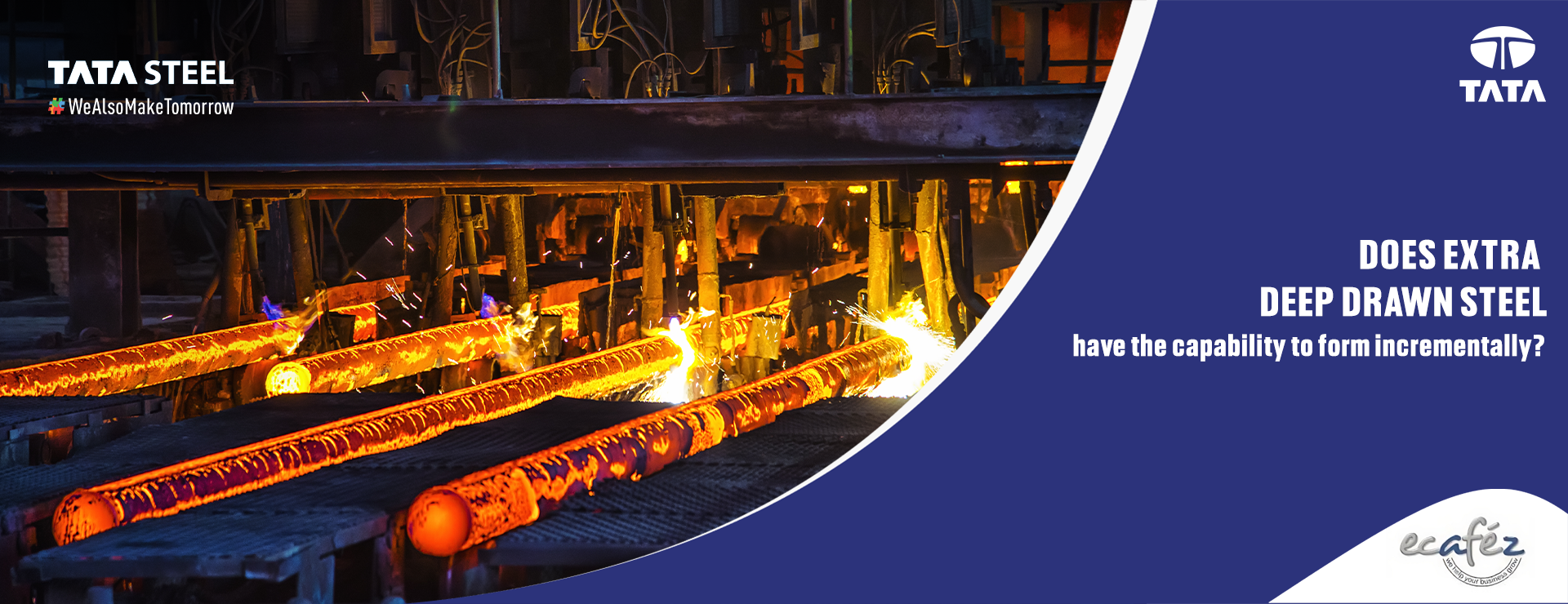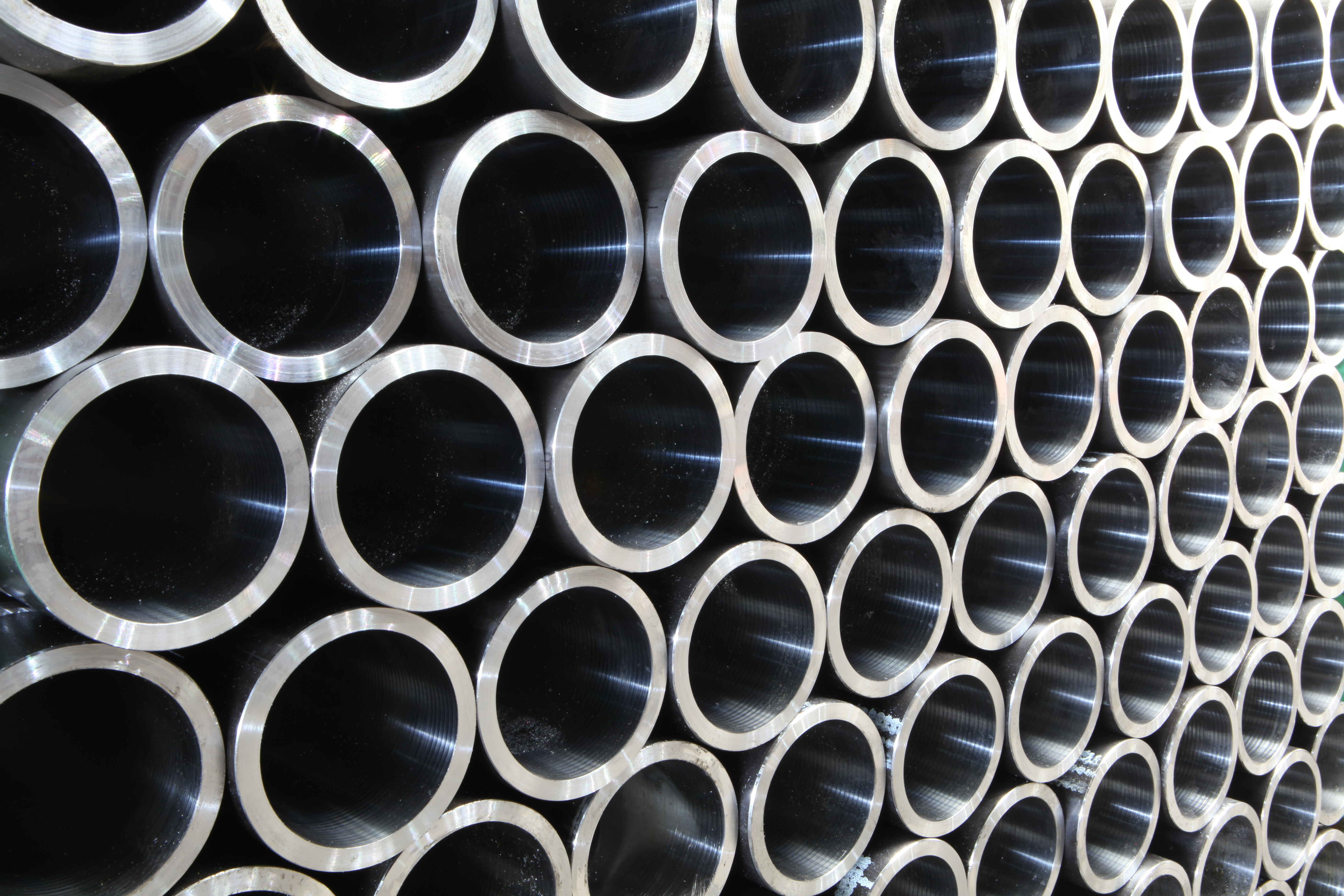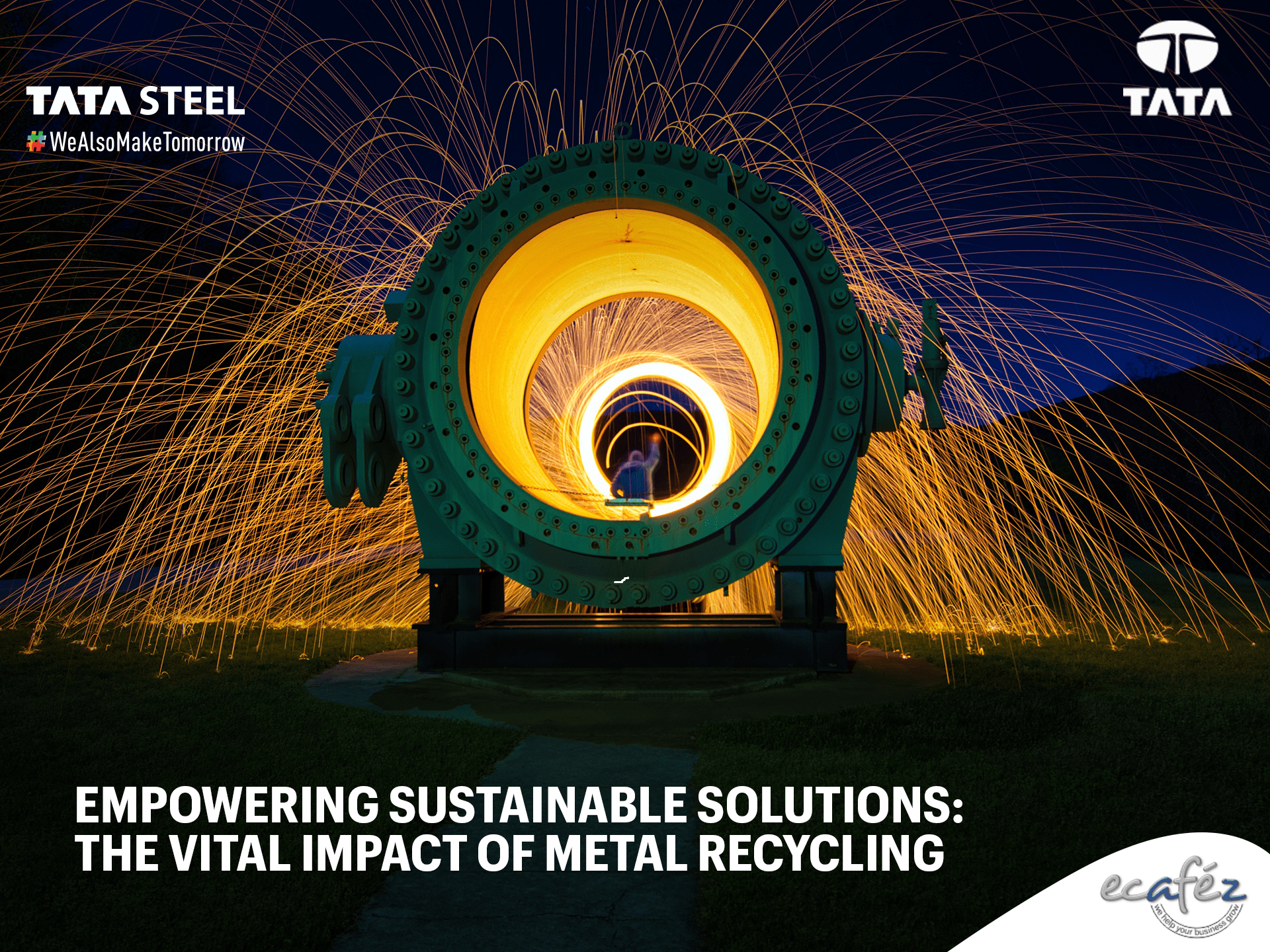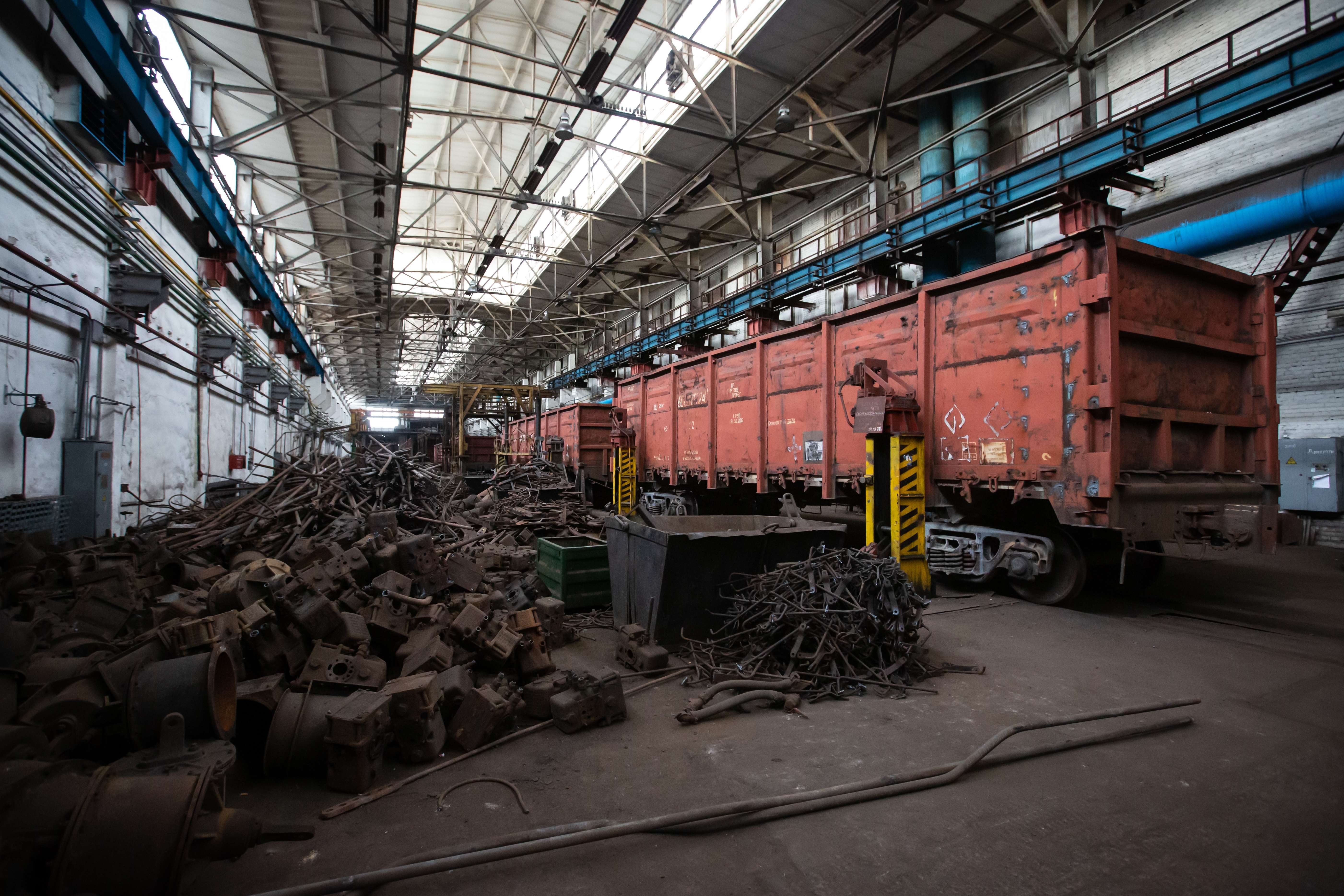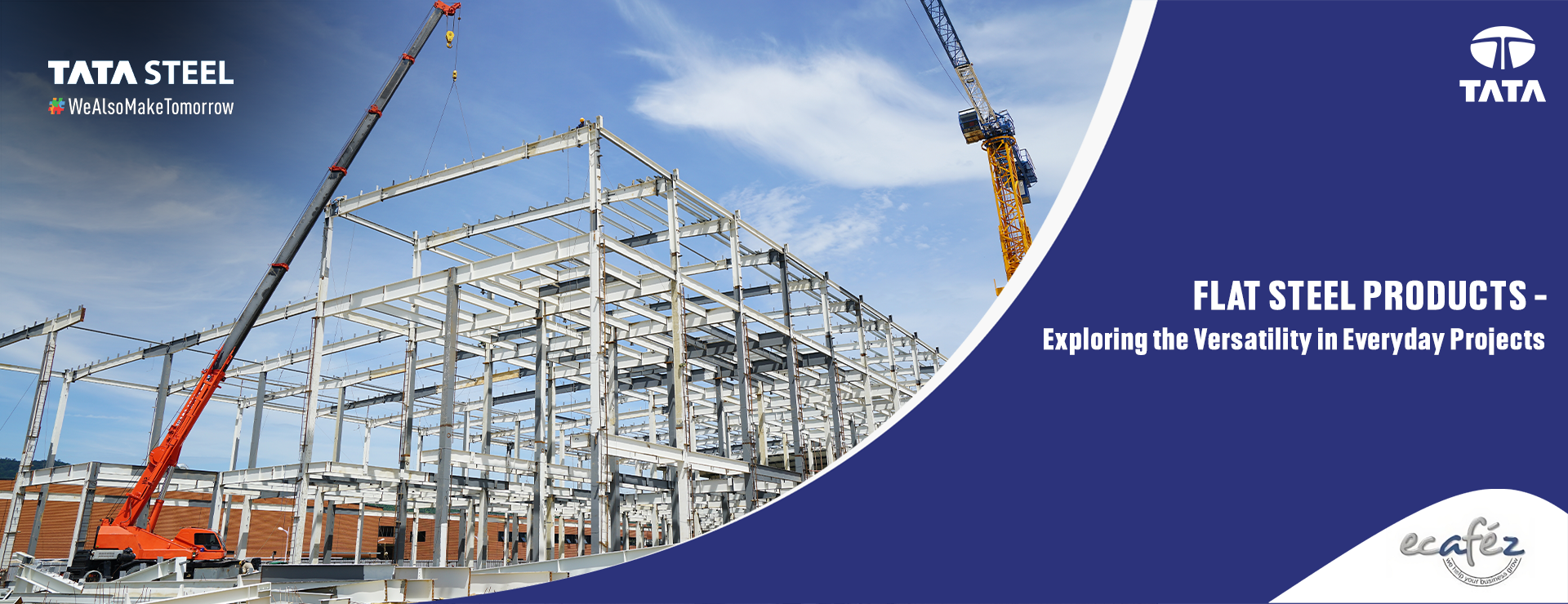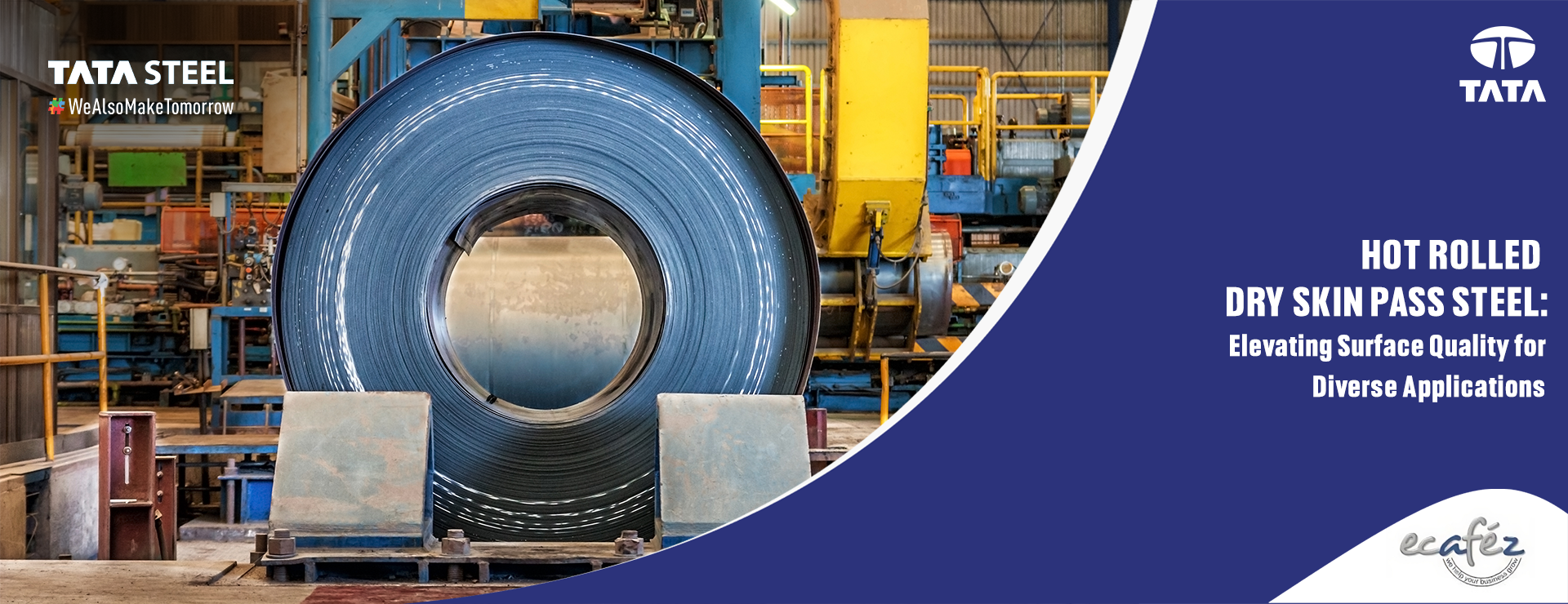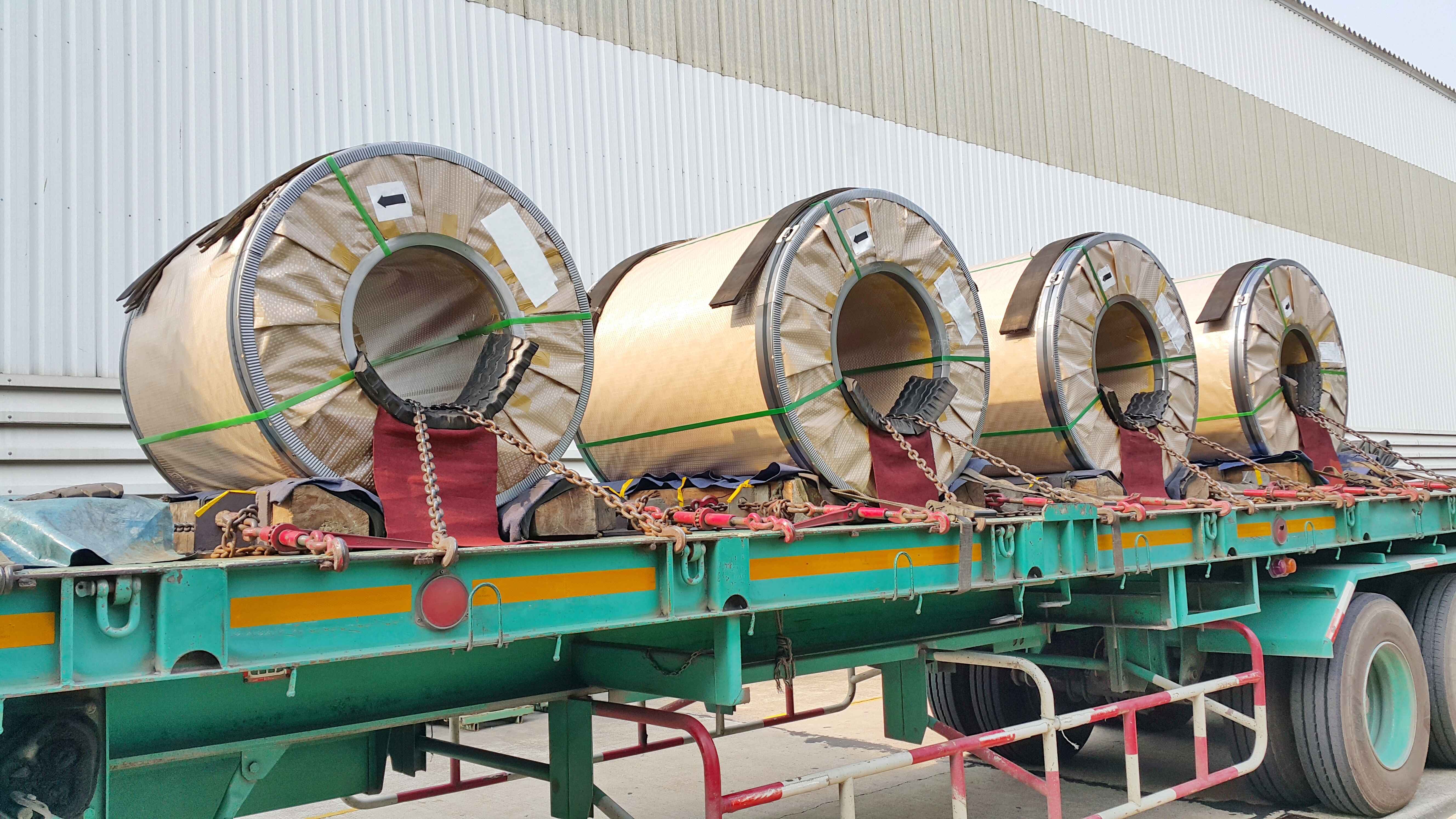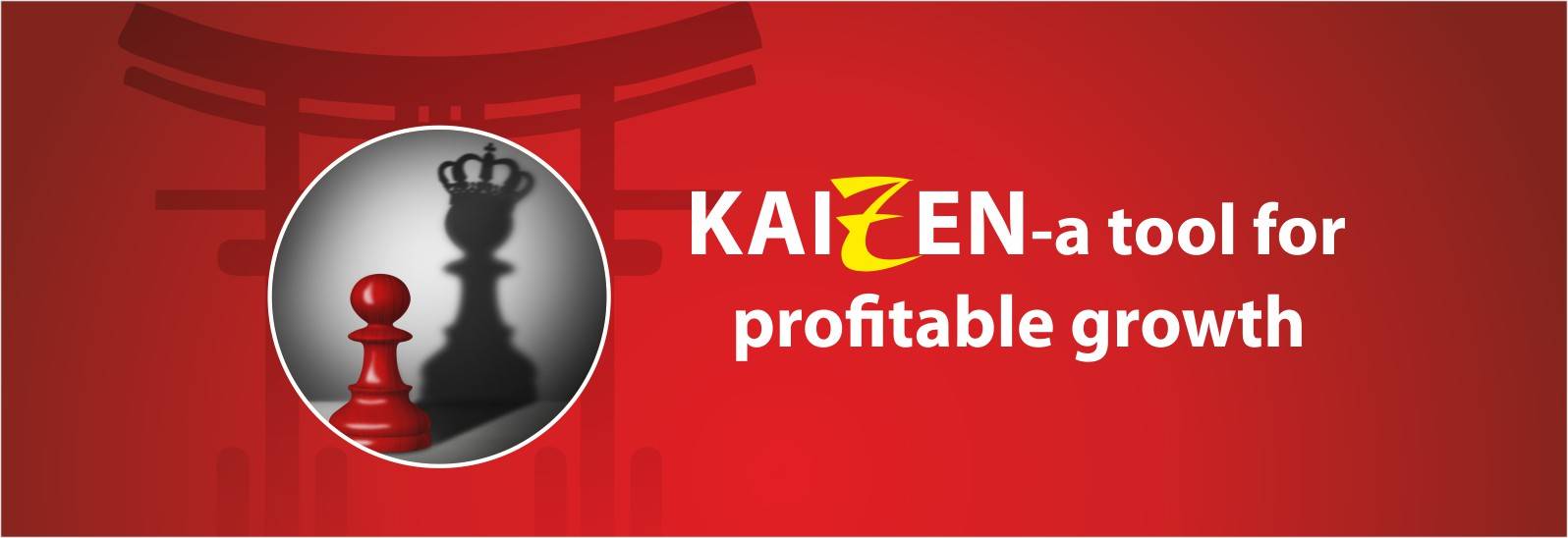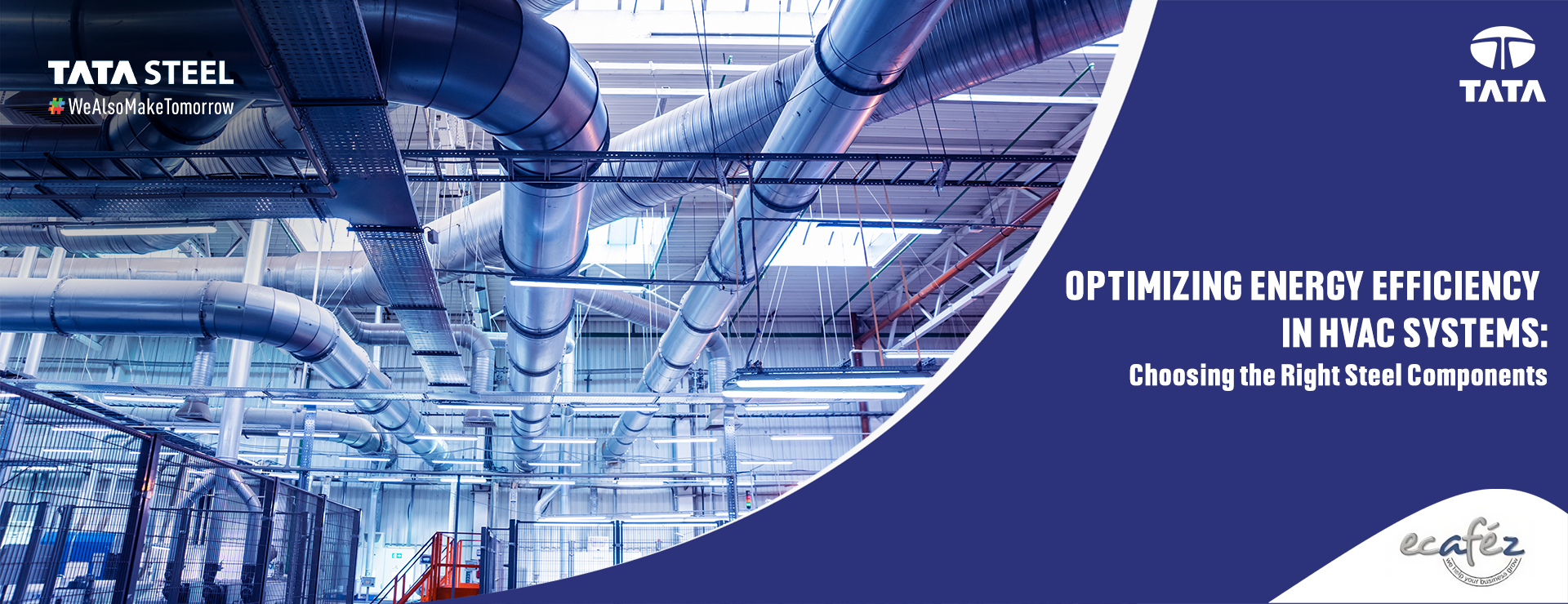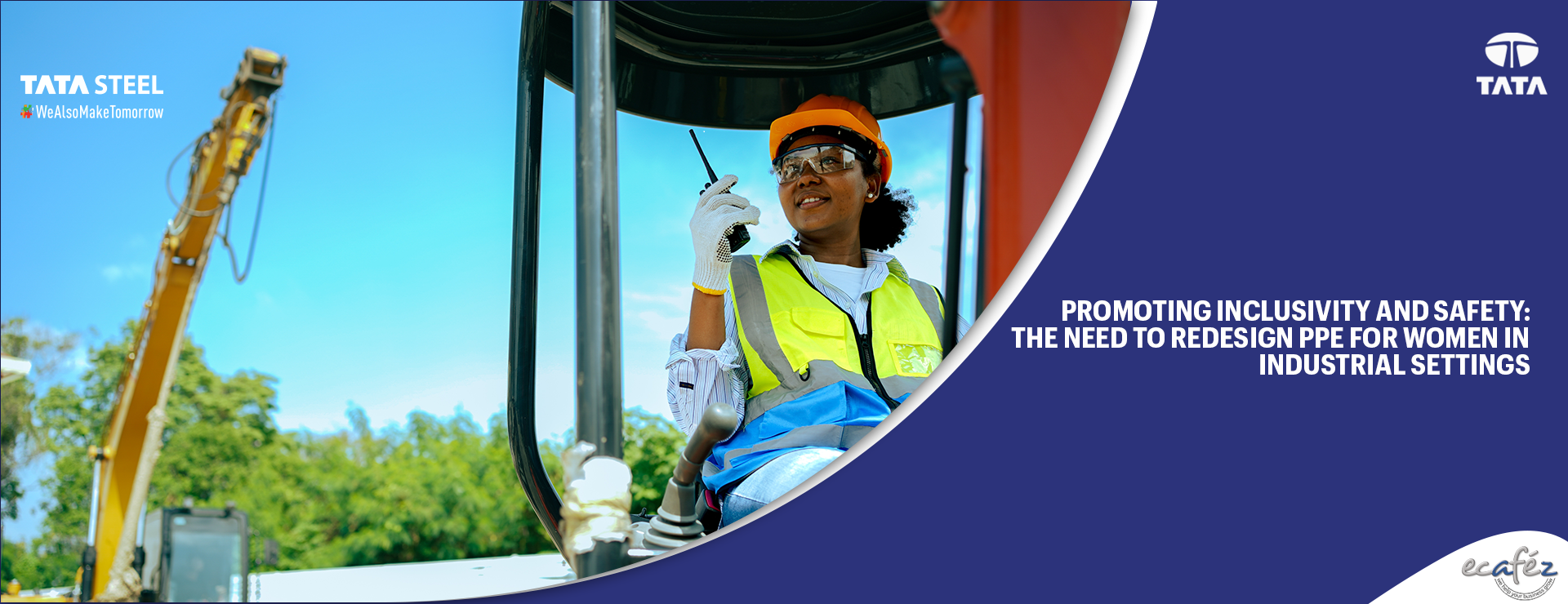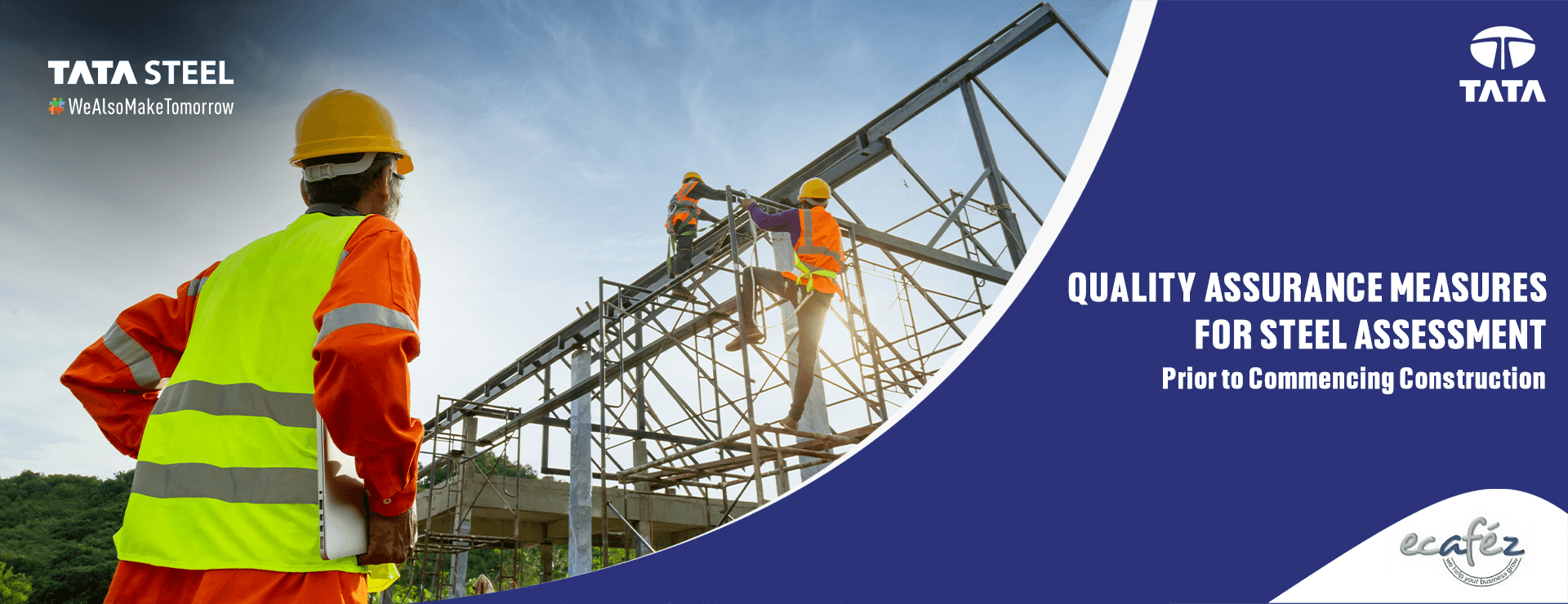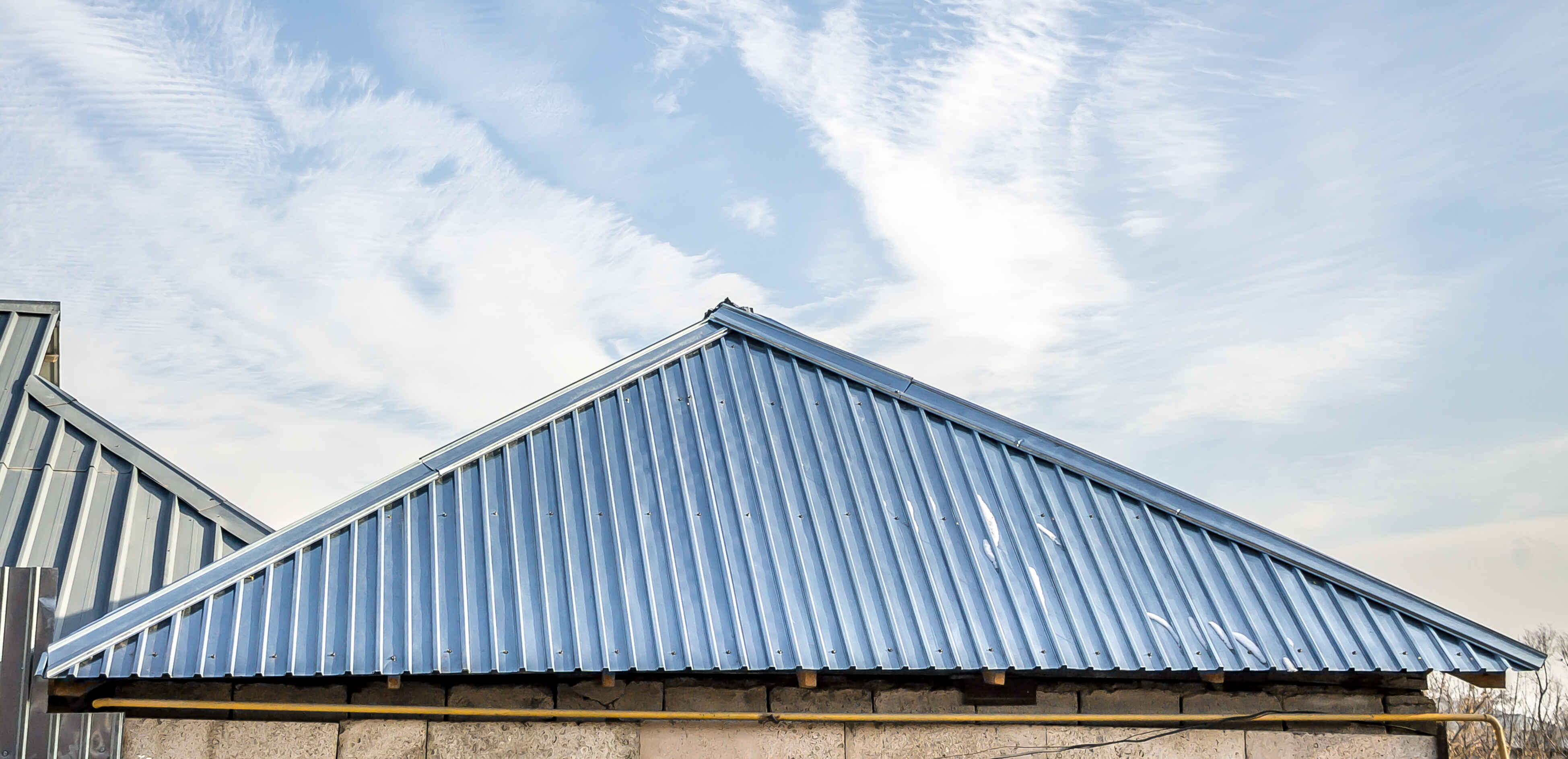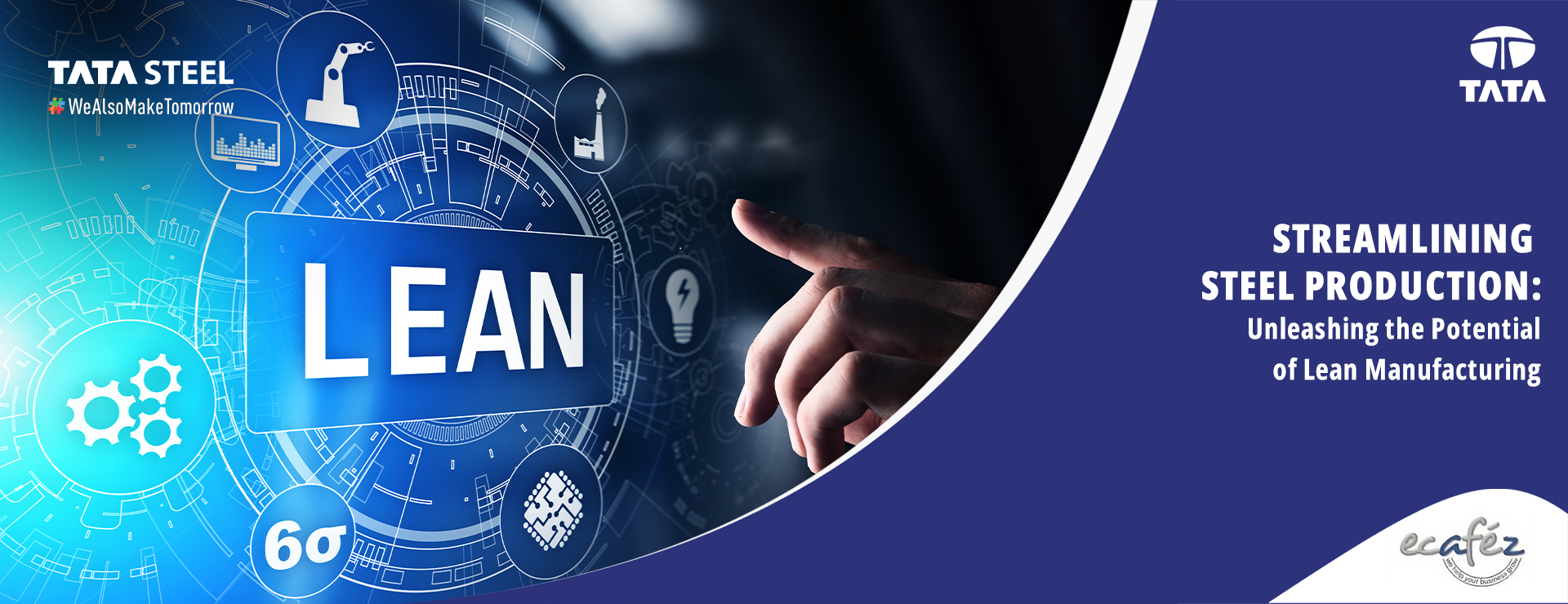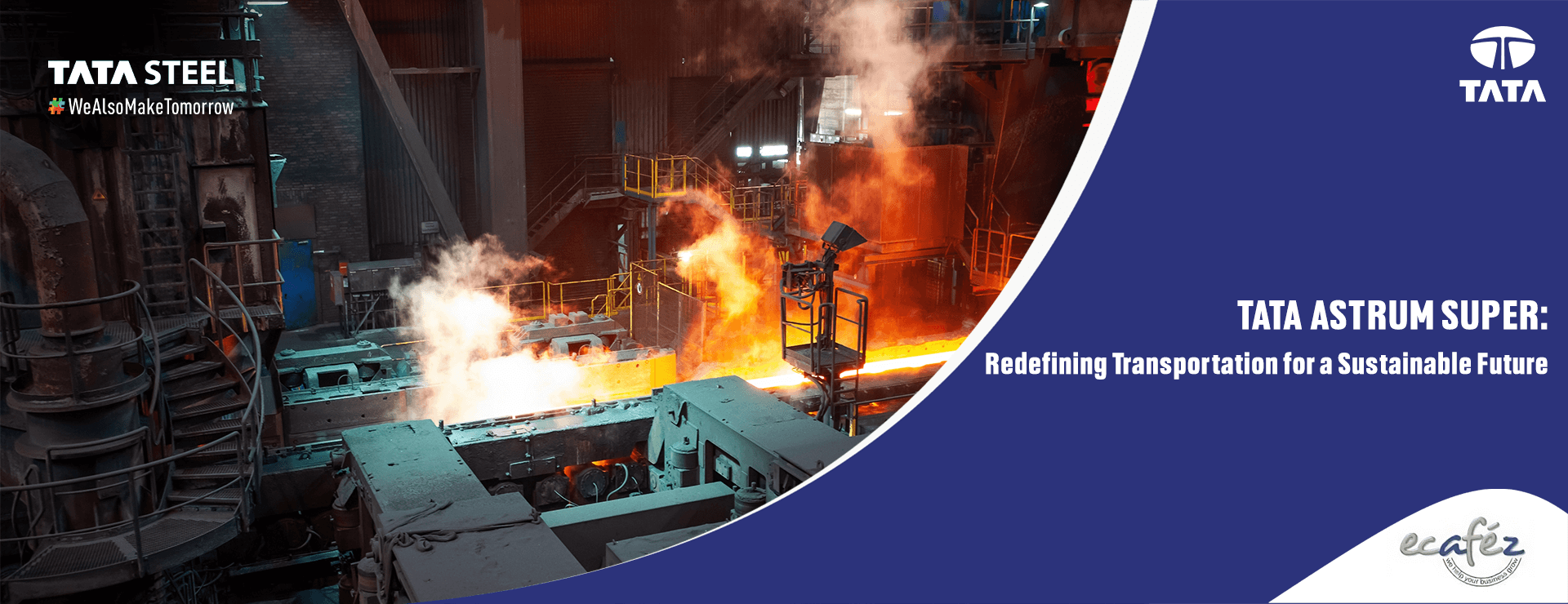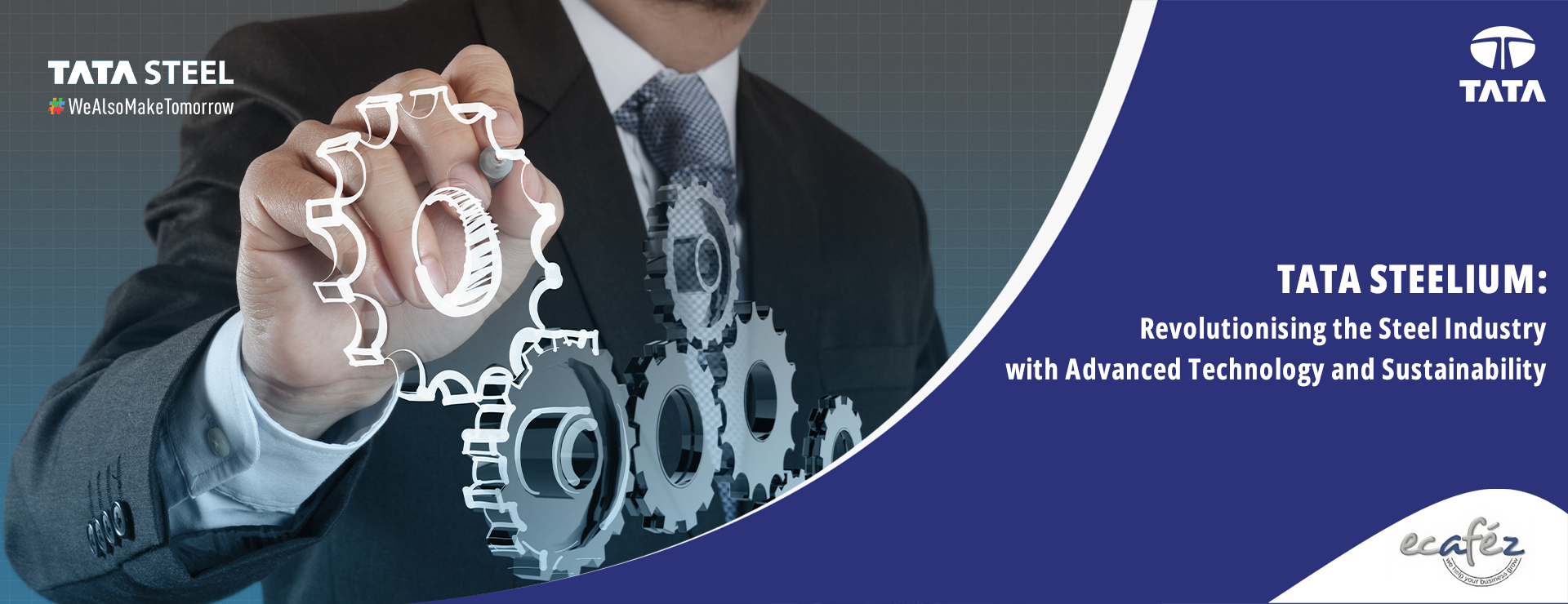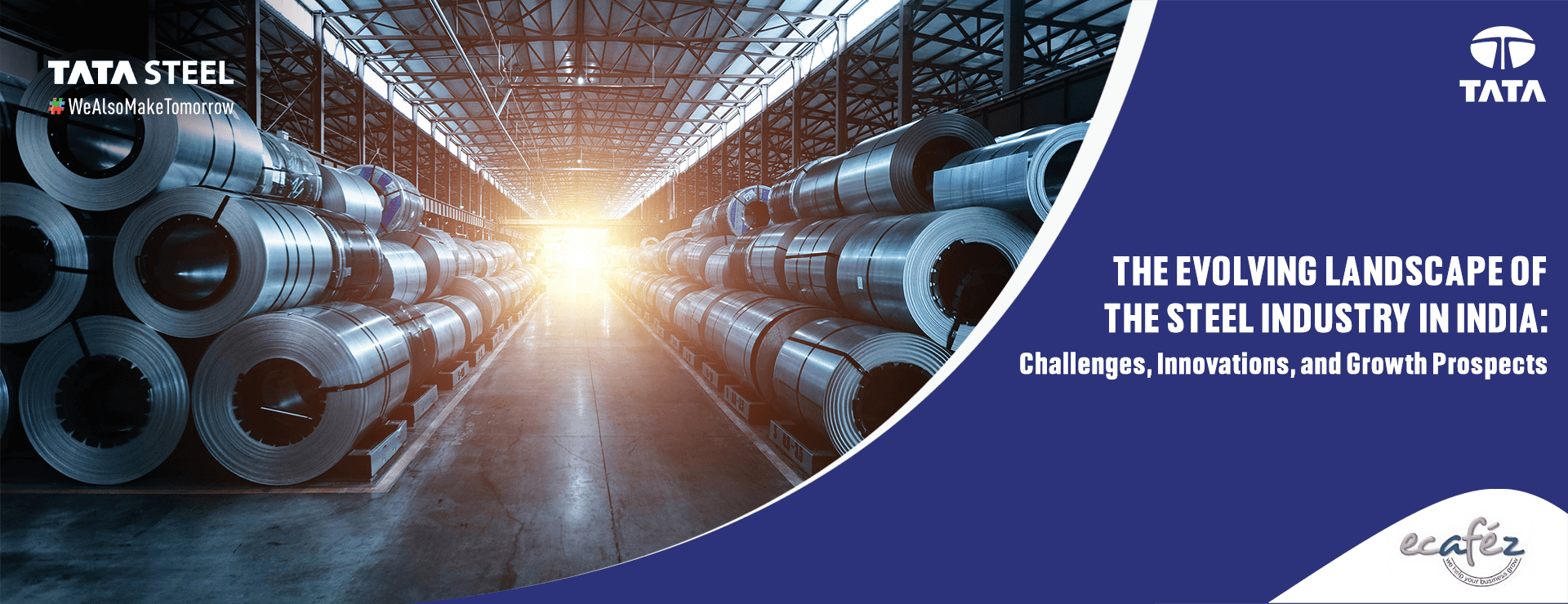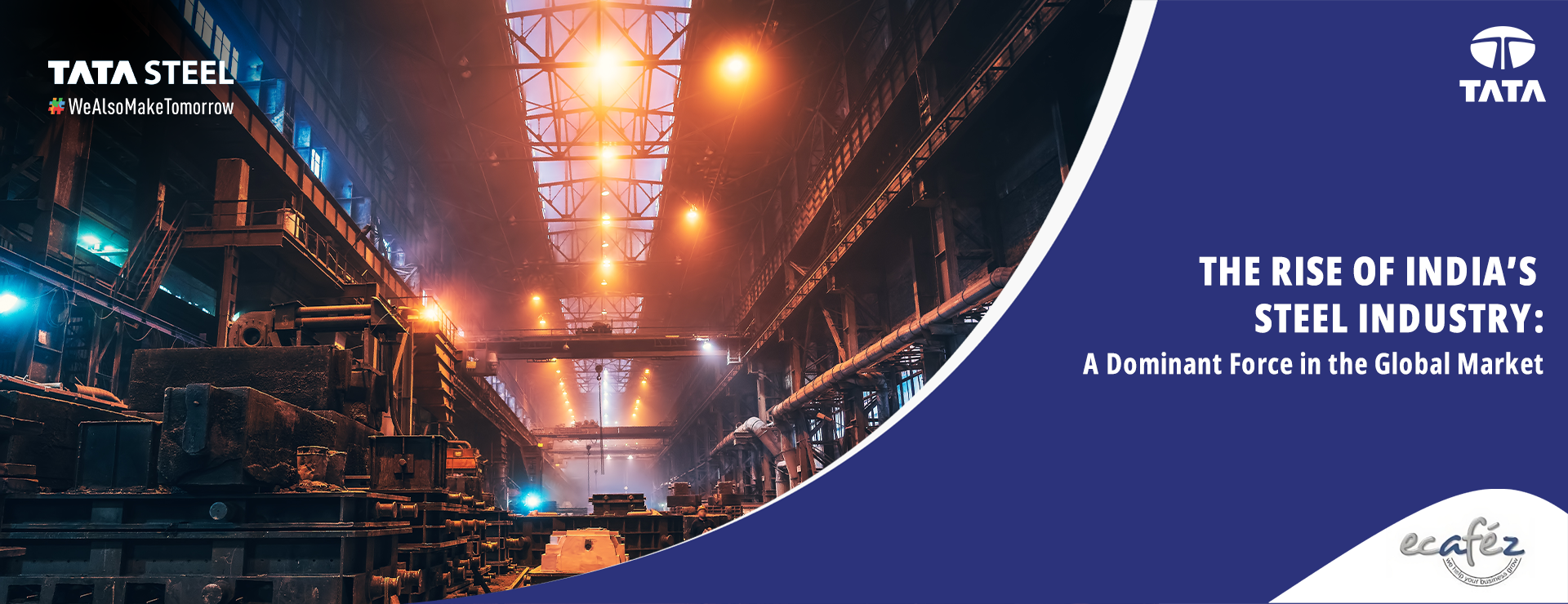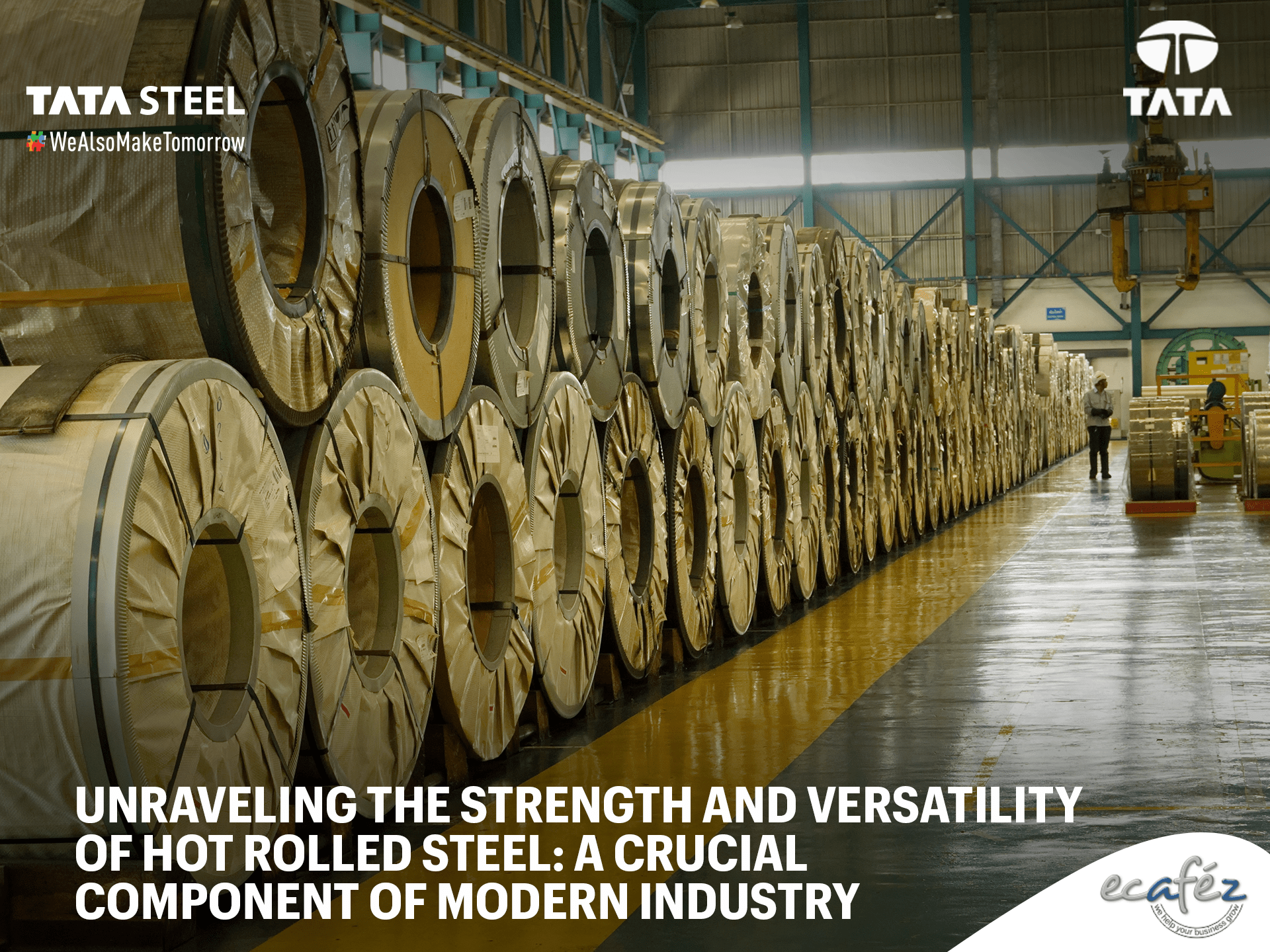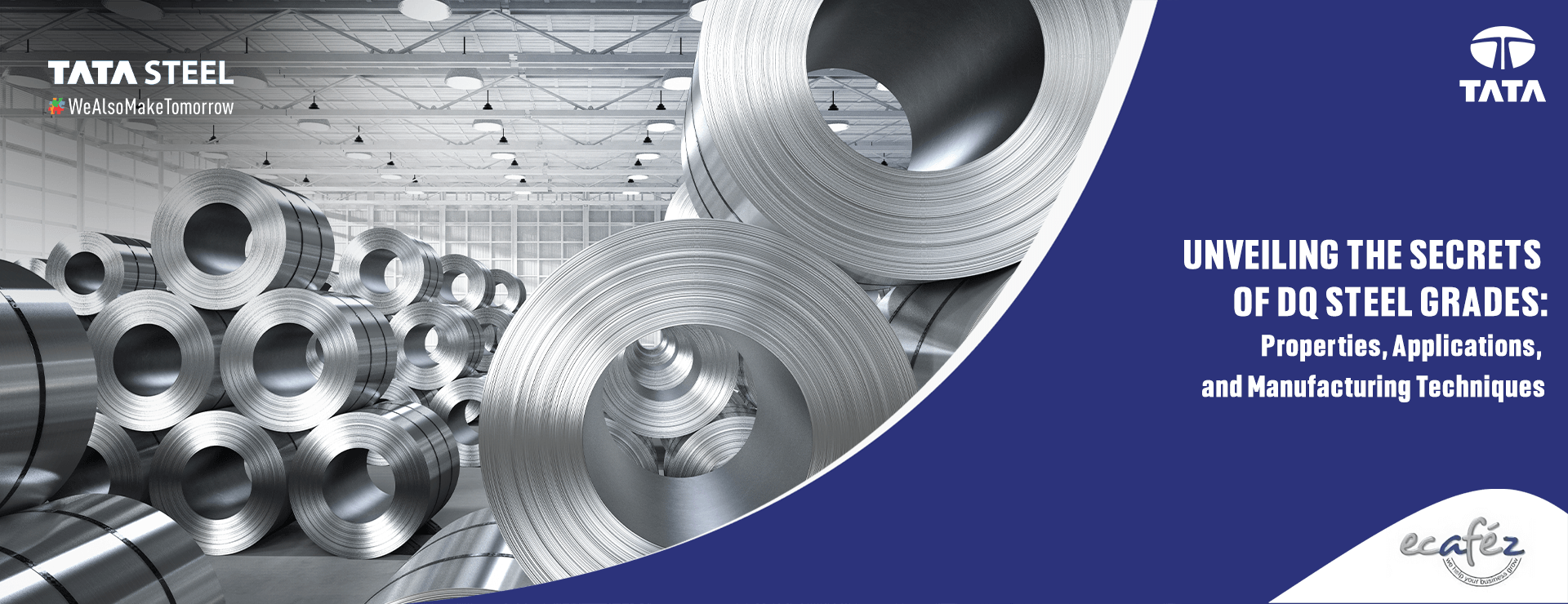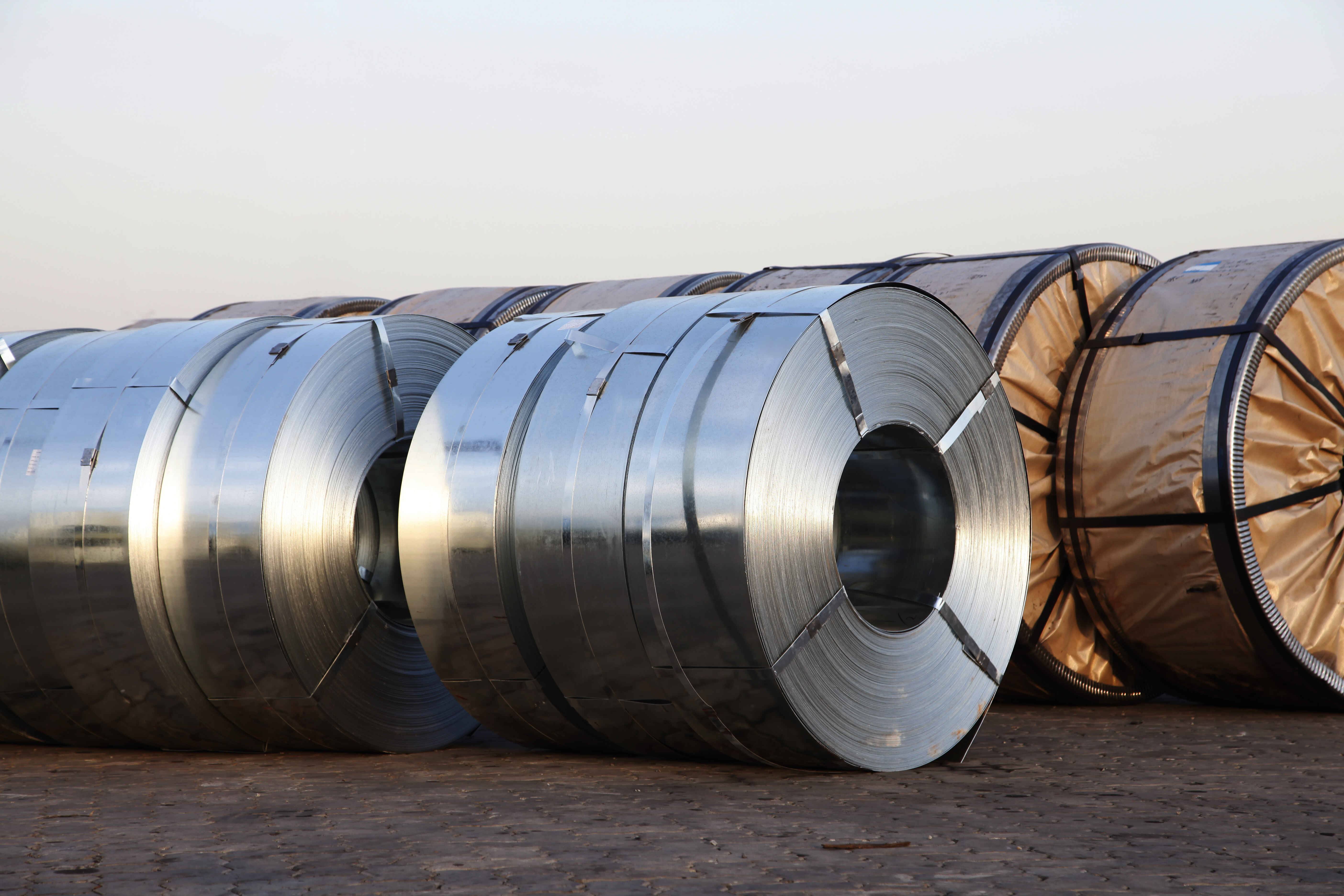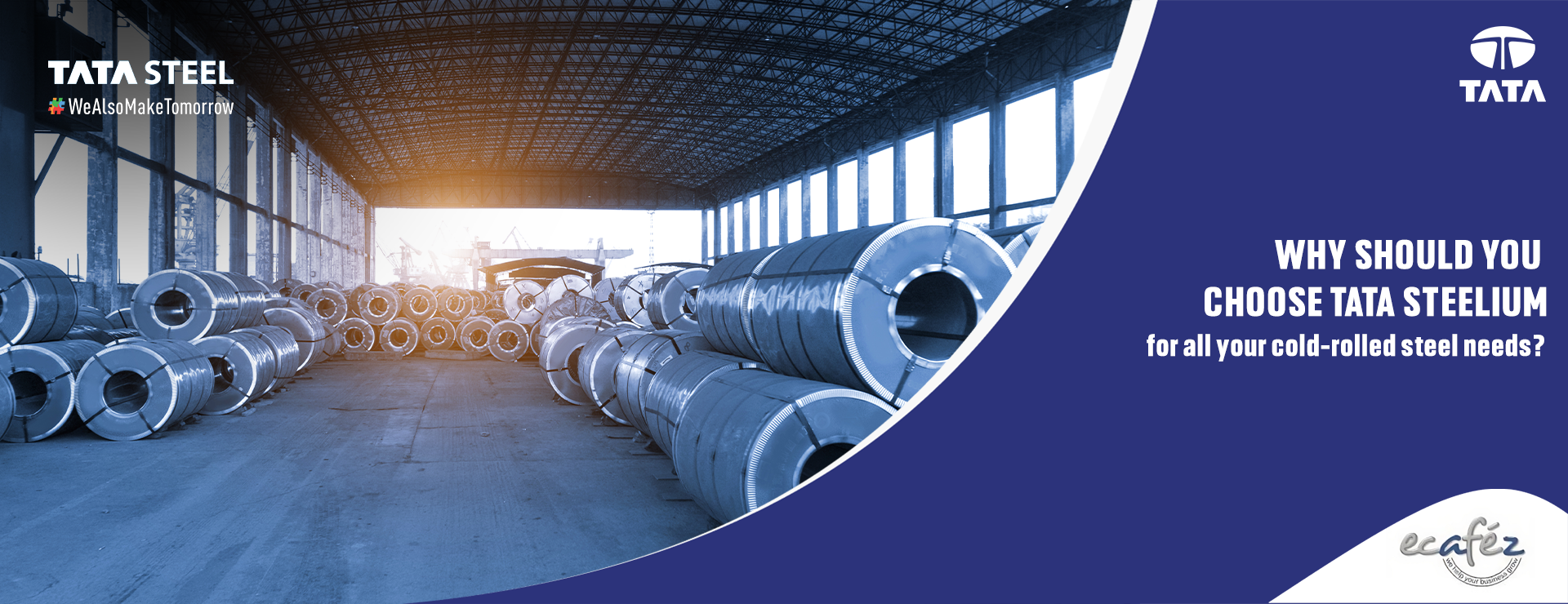India's pursuit of container self-reliance and the reduction of China's monopoly has become a significant priority for the nation. In an effort to bolster domestic manufacturing and decrease reliance on China for shipping-grade containers, the government is preparing to introduce a groundbreaking production-linked incentive (PLI) scheme. The implementation of this scheme is expected to encourage indigenous companies to enter the container manufacturing sector and drive the growth of India's container manufacturing industry. By breaking free from China's dominance, India aims to establish its self-sufficient ecosystem for container production and transform its maritime shipping landscape.
Debunking Myths: Exploring Alternative Sourcing Opportunities for Imports
In the realm of imports, especially from China and inter-country trade, several prevalent myths have shaped perceptions among policymakers and businesspersons. One such myth revolves around the belief that China consistently offers the lowest prices for goods in various segments, including electronics, pharmaceuticals, and machinery.
A comprehensive study indicates that approximately 15-20% of critical items, constituting a mere 8% in terms of the number of imported products, contribute significantly to India's import bill from China. This highlights the disproportionate reliance on specific product categories and the opportunity for immediate "alternately sourced" options.
The identification of alternative sourcing opportunities for critical items presents a valuable prospect for India's quest for self-reliance and reduced dependence. By diversifying and exploring other potential suppliers, India can tap into competitive markets and avail of similar or even better pricing options. This not only reduces the risk associated with overdependence on a single source but also enhances India's negotiating power in the global trade landscape.
Meeting the Growing Demand: Addressing Container Shortage through Domestic Manufacturing
The demand for containers in the domestic segment is on the rise, with the Container Corporation of India Limited (CONCOR) projecting a requirement of approximately 50,000 containers in the next three years. To tackle this challenge and reduce the reliance on imported containers, CONCOR has taken proactive steps to promote domestic container manufacturing.
In a significant move, CONCOR had previously placed an order for 8,000 containers from domestic companies, signalling its commitment to supporting indigenous manufacturing. Furthermore, CONCOR has recently placed a second order for an additional 10,000 containers from a Bhavnagar-based firm. These actions demonstrate a growing recognition of the need to strengthen domestic container manufacturing capabilities and reduce dependence on imported containers.
Container Price Drop: Alleviating Freight Costs and Stabilizing Supply Chains
The recent news of a substantial drop in container prices in 2023 holds significant implications for India. For the past three years, container prices had been on the rise, causing challenges for India's businesses in terms of freight costs and supply chain stability. However, the recent price crash of nearly 40% year-on-year provides a timely respite and a favourable environment for India Inc.
The decrease in container prices brings several advantages to India's container industry. Firstly, it offers relief to businesses, allowing them to reduce their freight costs and allocate resources more efficiently. With more affordable container prices, companies can better plan their logistics operations and improve profit margins, fostering a conducive environment for growth.
Moreover, the stabilization of container prices contributes to a more predictable shipping landscape, enabling companies to make informed decisions and optimize their supply chain strategies. This stability in pricing facilitates a smoother movement of goods and enhances the reliability of supply chains, ultimately benefitting both businesses and consumers.
Leveraging Container Manufacturing: How it Benefits Steel Manufacturers in India
1)Increased Steel Demand:
The establishment of a robust container manufacturing industry in India creates a surge in demand for steel, which is a primary material used in container construction. This increased demand provides a significant growth opportunity for steel manufacturers, driving production and sales.
2)Domestic Market Expansion:
With domestic container manufacturing capabilities, India can reduce its reliance on imported containers, which are often sourced from countries like China. This shift opens up a substantial market for Indian steel manufacturers to supply the required steel for container production within the country, fostering domestic production and reducing import dependence.
3)Business Collaboration:
Container manufacturers and steel manufacturers can collaborate to develop optimized container designs that are cost-effective, durable, and meet industry standards. This collaboration enables steel manufacturers to tailor their steel products to meet the specific requirements of the container manufacturing sector, thereby enhancing product quality and market competitiveness.
4)Job Creation and Economic Growth:
The growth of the container manufacturing industry in India not only benefits steel manufacturers but also contributes to job creation and economic growth. The expansion of manufacturing facilities and the increased demand for steel in container production create employment opportunities across the steel supply chain, from mining and processing to fabrication and distribution.
5)Technological Advancements:
As container manufacturing evolves, it drives technological advancements in the steel industry. Steel manufacturers are encouraged to innovate and develop advanced steel alloys and coatings that enhance container performance, such as improved strength, corrosion resistance, and lightweight characteristics. These advancements not only benefit container manufacturing but also have potential applications in other sectors, further boosting the steel industry.
Tata Steel's Commitment to Strengthening India's Container Segment
Tata Steel, a prominent player in the steel industry, stands firmly in support of the government's Production-Linked Incentive (PLI) scheme aimed at promoting container manufacturing in India. With a business model focused on distributors fulfilling the needs of customers, Tata Steel recognizes the importance of a robust container segment in ensuring efficient logistics and meeting the growing demand for containers.
Tata Steel's support for the container segment underlines its dedication to fostering self-sufficiency and resilience in India's supply chains. By bolstering container manufacturing capabilities, Tata Steel contributes to a more efficient and cost-effective logistics network, benefiting businesses across various sectors. Additionally, this support helps reduce import dependence and create a favourable environment for indigenous container production, promoting job creation and economic growth.





